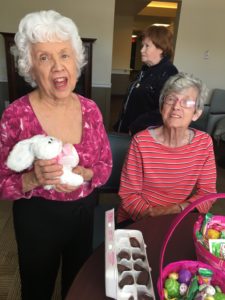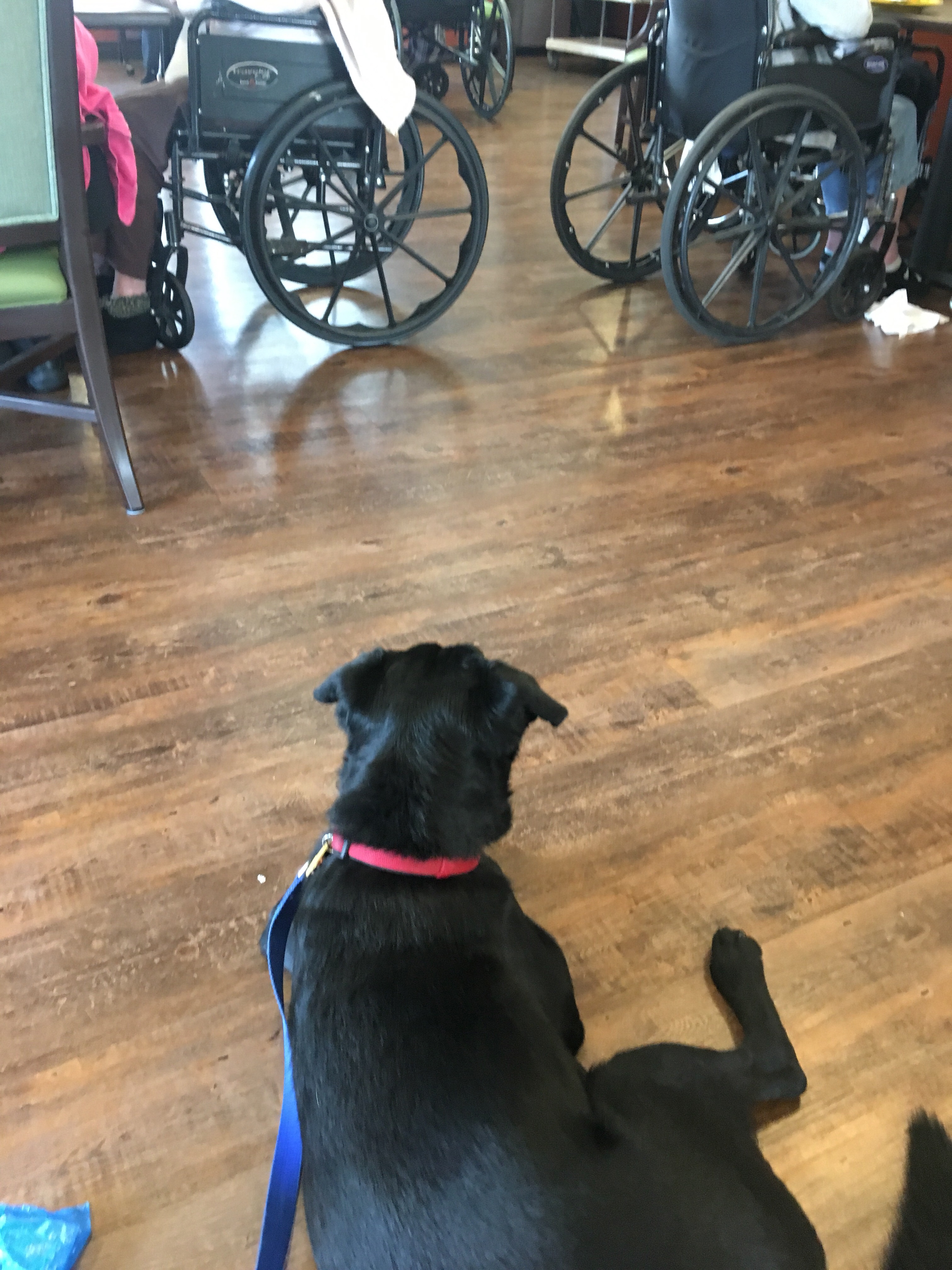I’ve been immersed in caring for my mother for the past four years, and with her recent move across country to a memory care home five minutes from my house, life slowly comes back into focus. She’s safely nestled in her new place, and this brings me the peace to move forward.
I write daily now and bond with my dogs on morning runs. My schedule’s filled with volunteering and petsitting, trail runs and lunches with girlfriends.
And in the frenzy of resuscitating my life, I overlooked the most important relationship of all: my marriage.
“Hearing about your mother stresses me out,” he admitted last night, as I told him about my latest visit. “None of this has been easy for me.”
Hearing him vocalize his feelings, as rare as rain in our desert digs, hit me with the impact of a summer monsoon. He’s a no-nonsense, bottom-line guy, the kind who solves a problem and immediately moves on. The raw emotion in his voice was a wake-up call.
The mother-daughter bond is stronger than it’s ever been, and my marriage is solid. But some reassembly is required. So we’re planning a long-needed summer vacation. Booking movie dates and going out to dinner.
He was there for me in my early sobriety. He was there for me when I quit my job and moved to Maine with my mom. Now, it’s time for me to be there for him.



 Mom’s acceptance of this new world continues to shatter my expectations. I worried she’d never
Mom’s acceptance of this new world continues to shatter my expectations. I worried she’d never  And now, Mom’s caregiving team has a four-legged addition.
And now, Mom’s caregiving team has a four-legged addition.